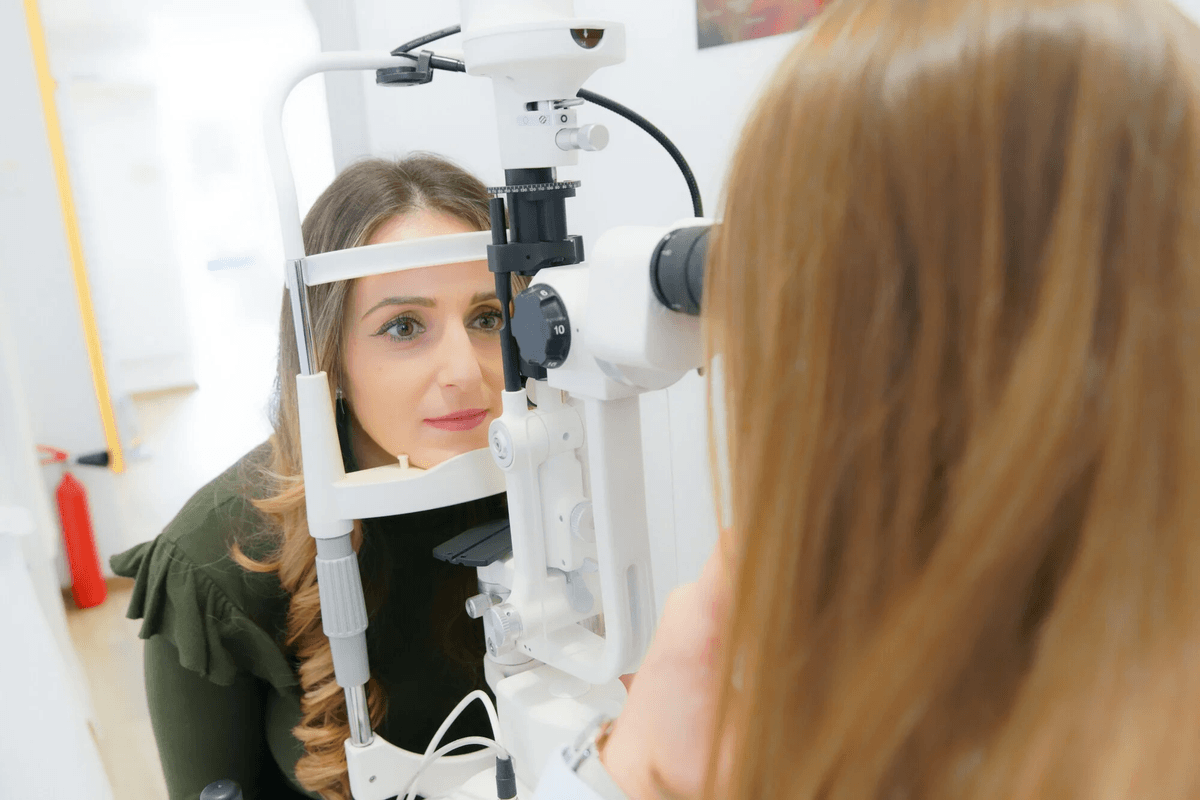
As you go about your daily routine, you likely don't give much thought to the health of your eyes. However, your eyes are a vital part of your overall health, and neglecting to take care of them can have serious consequences. Regular eye exams are essential for maintaining good eye health, detecting potential problems early on, and preventing vision loss. In this article, we'll explore the importance of regular eye exams and why you should visit an ophthalmologist in Bethesda.
Why Regular Eye Exams are Important
Regular eye exams are crucial for maintaining good eye health. During an exam, an Ophthalmologist Bethesda can detect a range of eye problems, from minor issues like dry eye or conjunctivitis to more serious conditions like cataracts, glaucoma, or age-related macular degeneration. Early detection and treatment of these conditions can significantly improve your chances of preserving your vision.
In addition to detecting eye problems, regular eye exams can also help you maintain good overall health. Many systemic diseases, such as diabetes, high blood pressure, and high cholesterol, can be detected through an eye exam. For example, diabetic retinopathy is a common complication of diabetes that can cause vision loss if left untreated. An ophthalmologist in Bethesda can detect diabetic retinopathy during a routine eye exam and refer you to a specialist for further treatment.
What to Expect During an Eye Exam
During an eye exam, you'll typically be asked to sit in a chair and look through a phoropter, which is a device that allows the ophthalmologist to adjust the prescription of your glasses or contact lenses. You'll be asked to look through the phoropter and indicate which lenses provide the clearest vision. This process helps the ophthalmologist determine your prescription and diagnose any eye problems.
In addition to the phoropter, the ophthalmologist may also use other equipment during the exam, such as a slit lamp or a retinoscope. The slit lamp is a microscope that allows the ophthalmologist to examine the surface of your eyes, while the retinoscope is a device that shines a light into your eyes to determine the reflection and diagnose any eye problems.
How Often Should You Get an Eye Exam?
The frequency of eye exams depends on your age, medical history, and risk factors. Children and young adults typically need to get their eyes examined every two to three years, while adults over the age of 40 may need to get their eyes examined every one to two years.
If you have a family history of eye problems or are at risk for certain conditions, you may need to get your eyes examined more frequently. For example, if you have a family history of glaucoma, you may need to get your eyes examined every six months to a year.
What to Look for in an Ophthalmologist
When searching for an ophthalmologist in Bethesda, there are several factors to consider. First and foremost, you want to make sure the ophthalmologist is board-certified and has the necessary training and experience to perform eye exams and treat eye problems.
You should also consider the ophthalmologist's bedside manner and communication style. You want to feel comfortable and confident in the ophthalmologist's ability to explain your diagnosis and treatment options in a clear and concise manner.
In addition to the ophthalmologist's qualifications and bedside manner, you should also consider the office's hours and location. You want to make sure the office is conveniently located and has hours that fit your schedule.
Conclusion
Regular eye exams are essential for maintaining good eye health and detecting potential problems early on. During an eye exam, an ophthalmologist can detect a range of eye problems, from minor issues like dry eye or conjunctivitis to more serious conditions like cataracts, glaucoma, or age-related macular degeneration. Early detection and treatment of these conditions can significantly improve your chances of preserving your vision.
In addition to detecting eye problems, regular eye exams can also help you maintain good overall health. Many systemic diseases, such as diabetes, high blood pressure, and high cholesterol, can be detected through an eye exam.
When searching for an ophthalmologist in Bethesda, consider the ophthalmologist's qualifications, bedside manner, and office hours. By prioritizing your eye health and visiting an ophthalmologist regularly, you can maintain good eye health and preserve your vision for years to come.